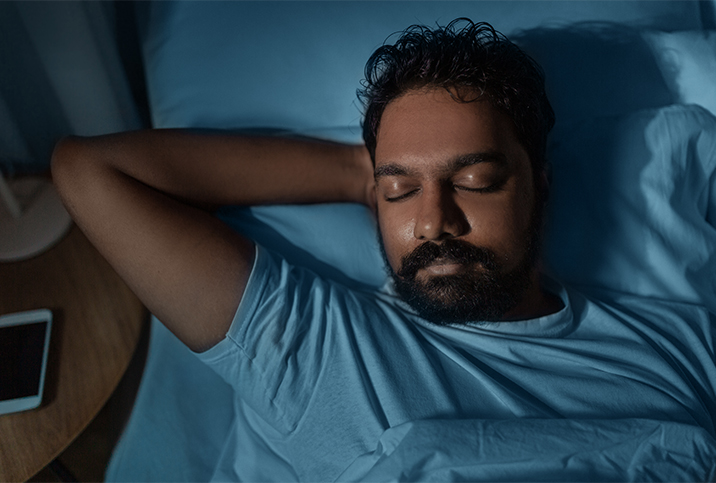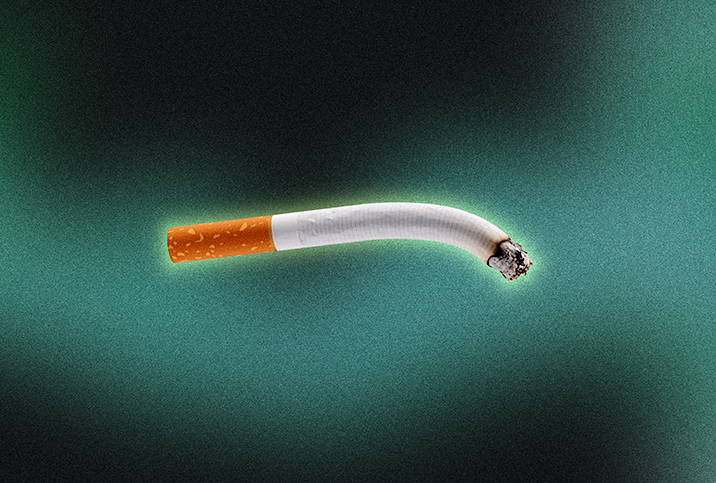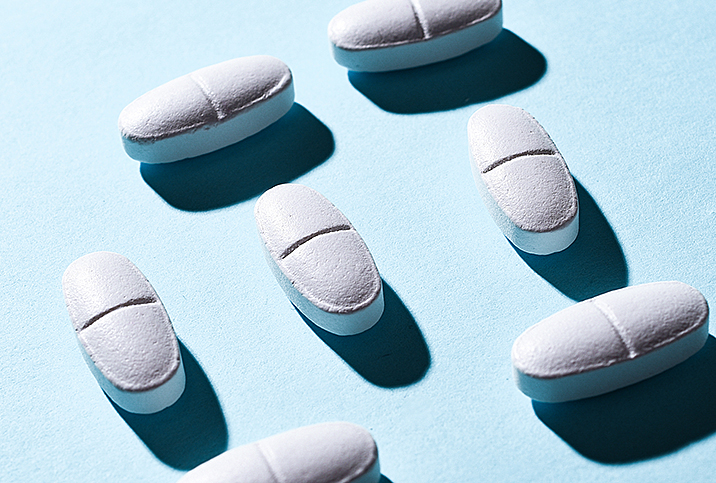What Men Can Do to Ensure Their Sexual Health Is Strong

Sexual health is an essential part of every man's life. As well as protecting yourself from sexually transmitted infections (STIs) and diseases (STDs) or preventing unwanted pregnancies, sexual health is about having safer, satisfying sex and a positive and respectful approach to sexuality and relationships.
Understanding how to look after your sexual health benefits both you and your partner.
The best place to start is by getting to know your body and your reproductive system, and what's normal and what's not normal. This way, you can quickly identify any problems and seek medical support to address them.
There are multiple aspects to men's sexual health, including physical health and mental health. Lifestyle factors influence all of these elements, either in a positive or negative way.
Men's health and sexual health
A few of the essential aspects of a male's sexual health are desire, erections and endurance, explained James J. Elist, M.D., a urologist in Beverly Hills, California, who specializes in impotence and male sexual dysfunction.
Being sexually healthy enables a man to fully participate in and enjoy sexual activity.
The body can't just rely on physical health to create desire, erections and endurance, though. Physiology, mental health and emotional health can affect both libido and sexual function.
Male sexual health isn't just about the ability to enjoy sex. It's also about preventing STIs/STDs and identifying any problems with fertility. It's about understanding how to prevent unwanted pregnancies and ensuring sex is consensual, respectful and safe for both partners.
Mental health and men's sexual health
Mental health can directly impact sexual health and vice versa.
"Low libido, erectile dysfunction [ED] and premature ejaculation can all be exacerbated by negative mental health experiences, whether that's traumatic experiences, relationship or professional workplace stress, depression or anxiety," Elist said.
He explained that those negative mental health experiences can lead to worsened sexual performance, which in turn leads to more strains on mental health, driven by decreased self-confidence and self-worth as a result of poor performance in bed.
This leads to a negative cycle in which one feeds into the other.
"As such, it's important to seek solutions early on to prevent any issues from worsening. Taking care of one's mental health through therapy, meditation, etcetera can often improve sexual health issues as well," Elist said.
If you find your mental health is affecting your sexual health, or problems with sex or sexuality are affecting your mental health, you can explore a number of options with your healthcare provider to address either issue.
Physical health and men's sexual health
"It all begins with male libido," Elist said of the connection between physical health and sexual health. "A man must have the desire to engage in sexual activity in the first place."
Unfortunately, he said, as guys get older, libido tends to decrease as testosterone decreases. Obviously, for a man to be able to perform sexually, he must be able to achieve and maintain an erection. You can take steps to address this issue.
"As with testosterone and libido, erectile function also relies on staying healthy, particularly maintaining cardiovascular health, avoiding cigarettes and exercising frequently to get the blood pumping," Elist said.
Once a man achieves an erection, he must maintain the erection and be able to last long enough to enjoy a sexually satisfying experience for both himself and his partner.
"Often, premature ejaculation can get in the way, which is why it's important to limit stress and practice pelvic floor exercises if that's an issue an individual deals with," he said.
There is no need to suffer in silence if you have any problems with your libido, erection, ejaculation or performance. Seek help from your healthcare provider if you are experiencing problems, as many treatment options are available to help you feel comfortable and satisfied when having sex.
What's a 'normal' sex drive?
Sex drive varies depending on a man's age. Elist explained what happens to libido across the stages of life:
- In his early 20s, an individual can desire sex almost daily.
- Starting in his mid-30s, an individual's testosterone levels begin to decrease by approximately 1 percent per year.
- Upon reaching his 60s, sexual desire may lessen even further for many men.
While there's no "normal" level of sex drive for men, Elist stressed it is normal for levels to decrease over time.
"However, that trend can be partially mitigated and offset through regular exercise, eating healthy and maintaining a consistent sleep schedule," he said.
Sexual health and reproductive health
"There are various issues that can impact an individual's reproductive health and fertility, from stress to smoking to excessive testosterone use," Elist explained.
To look after reproductive health, men should undertake a testicular self-exam routinely to ensure that there are no signs of lumps or tumors. Cancer is obviously a concern here, but fertility comes into the picture, too.
Testicular self-exams and examinations by a physician can help men identify the presence of a varicocele, a dilated vein inside the scrotum that can increase the temperature of the testicles and negatively affect sperm development, according to Elist.
Sperm counts decrease by an estimated 40 percent for every degree the testicles rise in temperature.
Elist also highlighted that the excessive use of testosterone or androgens could damage the testicles. Tobacco and frequent marijuana use can also decrease sperm count. All of these factors should be considered if a man is experiencing fertility issues.
Your healthcare provider can use various tests to help establish fertility problems, including the following:
- STI/STD testing
- Semen analysis
- Urinalysis
- Hormone testing
- Ultrasound scans
- Testicular biopsies
Complications and related conditions
The most common male sexual dysfunctions men should be aware of, according to Elist, include:
- Low testosterone
- Low libido
- Erectile dysfunction
- Premature ejaculation
ED is an issue that impacts more than half of all men at some point in their lives.
"While many think erectile dysfunction is an issue that only affects older men, it can actually impact 20 percent to 30 percent of men in their 20s and 30s," Elist said.
Premature ejaculation is an issue that impacts nearly 40 percent of all men.
"It is characterized by sexual activity that often lasts one minute or less and sexual experiences which cause stress and frustration," Elist explained.
You can address premature ejaculation issues with a combination of solutions that could include meditation, pelvic floor exercises, supplements, lidocaine sprays or prescription SSRIs, or selective serotonin reuptake inhibitors.
"Other issues, such as delayed ejaculation, retrograde ejaculation and Peyronie's disease, are less common, but if an individual is experiencing any of those issues, then it's important to discuss them with a urologist," he added.


















